Top FAQs About Digital Marketing for Medical Devices in the UK
Let’s be honest—digital marketing can feel like a maze. And when it comes to something as technical (and regulated) as medical devices, the stakes are even higher. Whether you’re a start-up breaking into the UK healthcare market or a legacy brand trying to modernize your approach, you probably have a million questions swirling in your head.
You’re not alone.
Digital marketing in this space is different. There are rules, trust factors, and messaging challenges that other industries simply don’t deal with. That’s why we’ve pulled together this no-fluff FAQ-style blog to answer your most burning questions.
Before we jump in, here’s a quick stat: In 2023, the UK medical device market reached £9.5 billion, making it one of the largest in Europe. (Statista) With that much opportunity on the table, smart digital marketing isn’t optional—it’s essential.
1. What Makes Digital Marketing for Medical Devices So Unique?
The truth? You’re not just selling a product. You’re educating, building trust, and navigating complex compliance rules—all at once.
a. Why is Compliance Such a Big Deal?
For example, in the UK, marketing medical devices online implies that you comply with MHRA (Medicines and Healthcare products Regulatory Agency) standards. Even your blog posts or paid ads can’t just make stuff up.
🧠 Pro Tip: Always include accurate product classifications, cite scientific data, and avoid words like “guarantee” or “cure.”
“Medical marketing isn’t just about persuasion—it’s about precision.” — Dr. Emily Dawson, Healthtech Advisor, London
b. Can We Actually Use Social Media?
Yes—and no. Platforms like LinkedIn and YouTube work wonders for B2B lead generation, product demos, and building authority. But don’t go wild with TikTok unless you’re absolutely sure you can stay within ethical and compliance lines.
Here’s a great example: NHS Digital uses LinkedIn to share updates on tech and healthcare innovations—smart, clean, and compliant.
c. How Do You Balance Trust and Promotion?
That’s the million-dollar question. Unlike a lifestyle product, medical device marketing needs to rely strongly on clinical credibility and doctor testimonials, and data.
To build trust:
Use case studies from hospitals or clinics.
Share verified reviews from professionals.
Keep your tone informative—not salesy.
And somewhere in the mix? That’s where Digileap comes in, helping device brands stay sharp and compliant across digital channels.
2.What Digital Channels work for UK-based meddevice companies?
Not all channels are equal, especially if your audience might be surgeons or procurement officers or administrators.
a. Is SEO Still Worth the Investment?
Absolutely. In fact, search engine optimization (SEO) is critical for showing up when someone Googles “FDA-approved cardiac stents UK” or “digital blood pressure monitors for hospitals.” Those search terms are gold.
According to Statista, over 91% of people globally use search engines to find information. That includes UK healthcare buyers too.
Focus on long-tail keywords, mobile optimization, and medically relevant blog content. If you’re not on page one of Google, you might as well not exist.
b. Do Paid Ads Work in This Sector?
Yes—when done right. Google Ads can be powerful for targeting hospitals, clinics, or NHS procurement units. Just be careful: ad copy must be compliant with MHRA standards.
Better yet, consider LinkedIn Sponsored Content to reach medical professionals. It’s pricey but worth it if your device is high-ticket.
Check this out: Companies that use LinkedIn lead generation see 33% higher conversion rates than those relying only on email campaigns (source).
c. Should We Bother With Email Marketing?
You should. But forget mass emails that scream “Buy Now.” Instead, develop segmented campaigns:
Updates for medical distributors
Educational newsletters for clinicians
New product launches for decision-makers
This thoughtful approach turns cold leads warm over time—and keeps you top-of-mind.
3. How Do We Create Content That Actually Converts?
Let’s face it—content marketing isn’t about blogging just to tick a box. It’s about sharing smart, relevant info that pushes buyers closer to saying “yes.”
a. What Types of Content Work Best?
It depends on your audience. But here are some winners:
Whitepapers explaining how your device meets specific clinical needs
Explainer videos demonstrating how the product works
FAQs (like this one!) for search traffic
💡 Real-world idea: Showcase a video testimonial from a top surgeon using your product.
b. How Often Should We Post?
Aim for consistency over quantity. One well-written blog per week is more powerful than five rushed ones.
Think quality content that answers real user questions, like:
“What are the benefits of minimally invasive surgical tools?”
“How is this glucose monitor different from existing NHS options?”
Use tools like Ubersuggest or Google Search Console to track what’s working.
c. May AI Assist with Content Creation?
Okay, but carefully. Generative AI can help with dreams, but your output needs to be human-reviewed, factual, and medically accurate.
That’s why many brands choose experienced partners to guide the creative strategy—and yep, Digileap happens to be one of them.
4. How Do We Measure the Success of Medical Device Marketing Campaigns?
So, you’ve launched your website, posted your content, and maybe even run a few LinkedIn ads. Now what?
Let’s be honest—without tracking the right data, you’re basically flying blind. Success in digital marketing for medical devices isn’t just about visibility; it’s about results that actually move the needle.
a. What KPIs Should We Be Tracking?
Some brands focus only on traffic—but that’s just the tip of the iceberg. For medical device companies, you should be monitoring:
Qualified leads: Are the people filling out your contact form relevant buyers like procurement managers or clinicians?
Conversion rate: how many visitors to your site convert into demo requests / RFQs.
Engagement time – are visitors digesting your pages or bouncing in 10 seconds?
Statista projects the market for digital health globally — platforms, apps, and devices — will be more than $660 billion by 2025. Measuring ROI today will position you to thrive when that market grows.
b. Which Tools Help Track Performance Accurately?
There are a few go-to tools that work great in the healthtech and medtech world:
Google Analytics 4 – for traffic, bounce rate, time on page, and top-performing URLs
HubSpot – great for tracking inbound leads and automating email follow-ups
LinkedIn Campaign Manager – shows who engaged with your content, by role, industry, and company
Pro tip? Set up goal tracking on your site. That way, you’ll know if someone downloaded your brochure or submitted a contact form.
c. How Long Until We See Results?
Honestly? It depends. But here’s a quick breakdown:
SEO: Typically, 3 to 6 months before you rank for competitive terms
Email Campaigns: Often deliver quicker engagement, sometimes within a week
Paid Ads: Can bring in leads almost instantly, but you’ll need time to optimize them
Patience pays off. A lot of brands bail too early. But digital marketing—especially in a field as sensitive as medical devices—is a long game. The good news? When it’s done right, it’s one of the most cost-effective ways to grow your business.
TL;DR – Your Digital Marketing FAQs Answered
✅ Digital marketing for medical devices in the UK is unique because of regulatory standards, audience trust needs, and technical messaging.
✅ Use SEO, LinkedIn, email, and targeted content for best results.
✅ Stay compliant with MHRA, avoid overpromising, and use verified data to build trust.
✅ Focus on education over promotion, and create consistent, high-quality content.
✅ Collaborate with experienced marketers who understand both healthcare and digital platforms.
With a smart digital strategy, your medical device brand can do more than just compete—it can lead.
And in case you’re feeling caught? Whether it’s refining your search engine marketing or launching your first product marketing campaign, Digileap lets you navigate through the tricky but rewarding world of scientific advertising.







